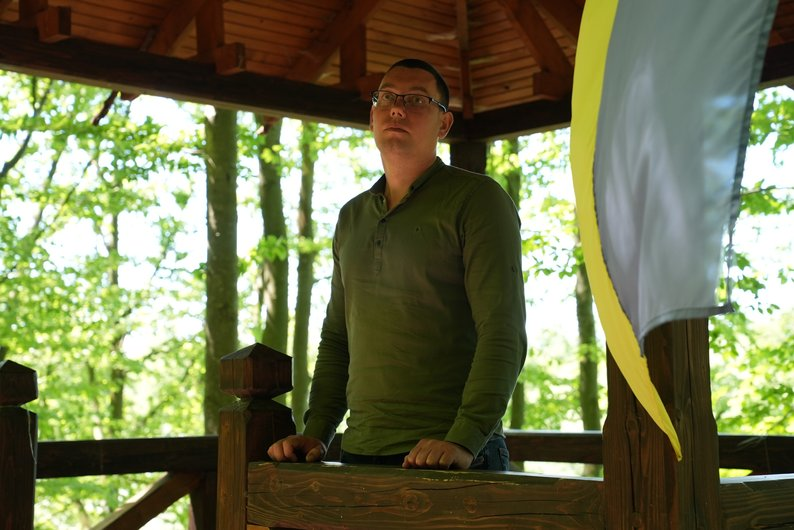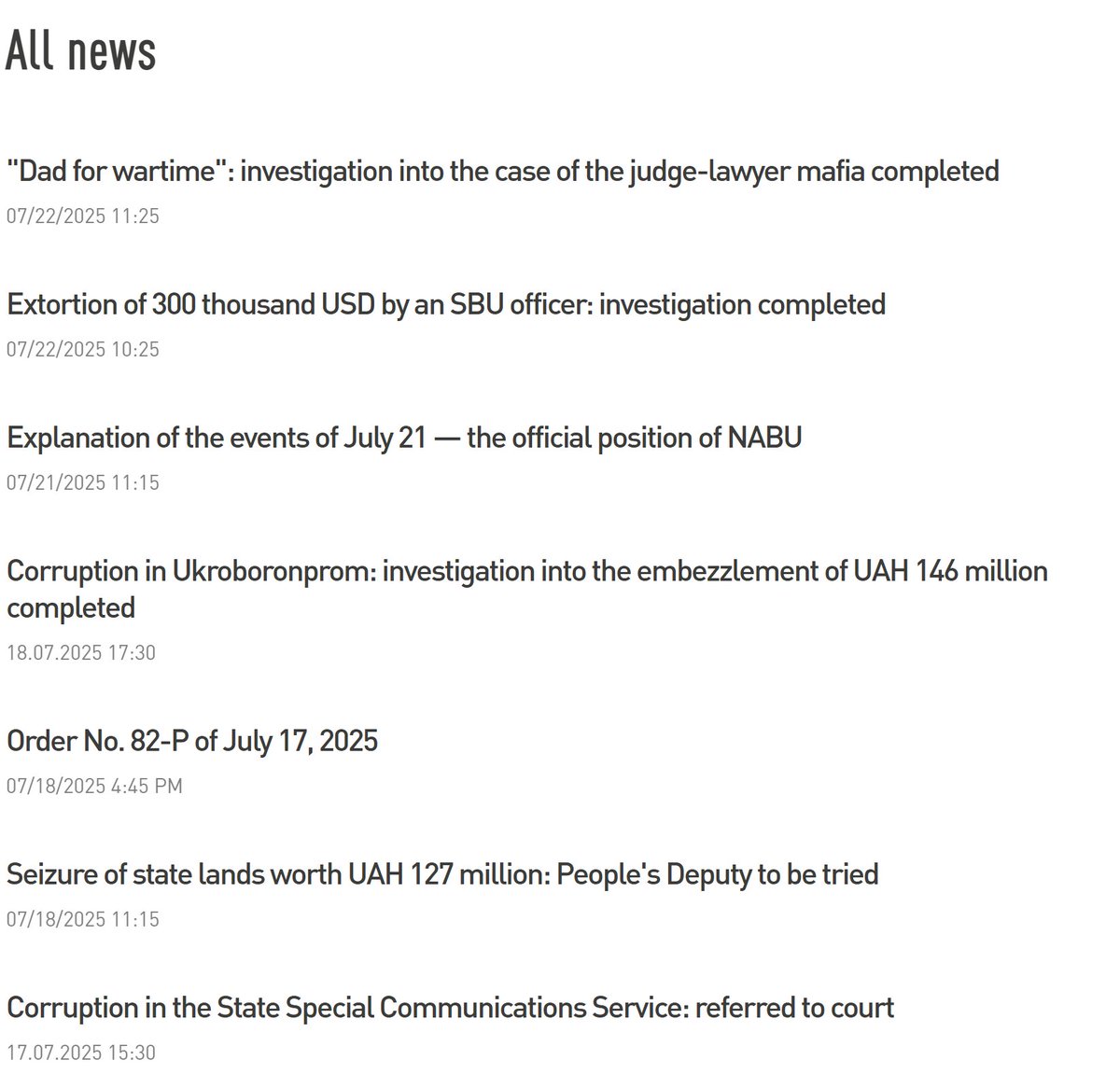Tatarstan THREAD. #RussiaDecolonized
This is the first thread in a series focusing on the potential independence of Russian regions. Our analysis examines their geography, history, and freedom movements to assess the likelihood of attaining autonomy.
This is the first thread in a series focusing on the potential independence of Russian regions. Our analysis examines their geography, history, and freedom movements to assess the likelihood of attaining autonomy.

HISTORY
Tatarstan was an independent Kazan Khanate since the 15th century when the Golden Horde fragmented. The territory of the Kazan Khanate included parts of other modern republics and regions such as the Chuvash Republic and Bashkortostan. /1
Tatarstan was an independent Kazan Khanate since the 15th century when the Golden Horde fragmented. The territory of the Kazan Khanate included parts of other modern republics and regions such as the Chuvash Republic and Bashkortostan. /1

In the 16th century, Ivan the Terrible, the Tsar of Russia, launched a military campaign against the Khanate of Kazan. After a prolonged siege, Kazan fell to Muscovy in 1552. The conquest resulted in the incorporation of Tatarstan into the Tsardom of Muscovy. /2 

Similarly to other regions conquered by Moscow, Kazan had to accept Christianization and Russification. /3
GEOGRAPHY
Tatarstan, with its capital in Kazan, is situated at the heart of modern Russia, bordered by the Volga River to the west. It is surrounded by other republics and a few Russian oblasts. /4

Tatarstan, with its capital in Kazan, is situated at the heart of modern Russia, bordered by the Volga River to the west. It is surrounded by other republics and a few Russian oblasts. /4


The region does not border any foreign country, and the closest border would be with Kazakhstan, which is 500km away. /5 

POPULATION:
As of the 2021 census, Tatarstan has a population of approximately 4 million inhabitants. Ethnic Tatars constitute around 53% of the population, and their numbers have been steadily growing in recent years, while the presence of Russians has been declining. /6
As of the 2021 census, Tatarstan has a population of approximately 4 million inhabitants. Ethnic Tatars constitute around 53% of the population, and their numbers have been steadily growing in recent years, while the presence of Russians has been declining. /6

ECONOMY:
Tatarstan boasts a robust economy, making it one of the most economically developed regions in Russia. The republic is highly industrialized and particularly prosperous in terms of oil production. /7
Tatarstan boasts a robust economy, making it one of the most economically developed regions in Russia. The republic is highly industrialized and particularly prosperous in terms of oil production. /7
Tatarstan produces 32 million tonnes of crude oil annually and possesses estimated oil reserves of over 1 billion tons. As part of the Volga-Urals region, Tatarstan plays a significant role in Russia's oil industry. /8 
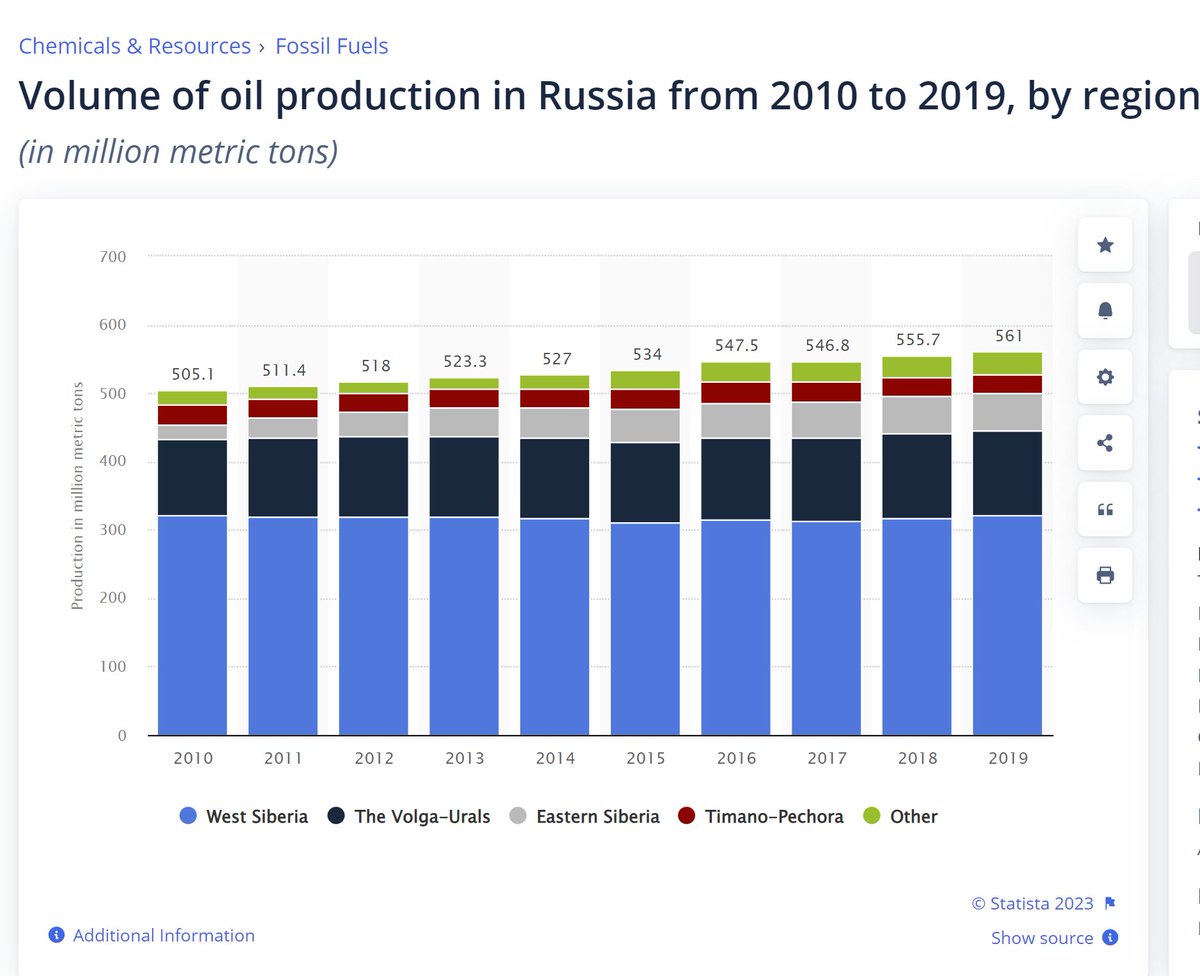
Tatarstan's contribution to Russia's economy is noteworthy, providing substantial revenue to the Moscow budget. Should it attain independence, the Tatarstan Republic has the potential to thrive economically. /9
FREEDOM MOVEMENTS:
During the Civil War of 1918–1920, Tatar nationalists attempted to establish an independent republic. /10
During the Civil War of 1918–1920, Tatar nationalists attempted to establish an independent republic. /10

Initially supported by the Bolsheviks, the state existed until March 1918 when high-ranking members of its parliament were arrested by the Bolsheviks, who denounced it as bourgeois, even before the official declaration of its constitution. /11
In 1991, Tatarstan DECLARED INDEPENDENCE. A referendum took place in 1992, with approximately two-thirds of respondents voting in favor of independence. /12 

However, the Russian constitutional court did not recognize the referendum's legitimacy, leading to negotiations between Tatarstan and Russia. In 1994, a treaty was signed, granting Tatarstan the status of a sovereign state associated with Russia. /13
Tatarstan acquired the authority to impose taxes, draft its budget, conduct its own foreign relations and foreign economic activities, as well as control its land and resources. /14 

Regrettably, due to Moscow's policies, Tatarstan's rights have been gradually diminished. The republic has faced continuous pressure and had to accept changes to its constitution. Furthermore, the position of the president will be discontinued after 2025. /15
Overall, pro-independence movements continue to persist. One notable organization is the civic movement Free Idel-Ural @IU_embassy, which advocates for the independence of the six Idel-Ural republics and their integration into a unified union. /16 

@IU_embassy This organization was founded by Rafis Kashapov, a prominent leader of the Tatar national movement, who left Russia following his conviction for criticizing the Russian annexation of Crimea. /17
@IU_embassy In subsequent threads, we will further explore this organization as it relates to other regions as well. /18
@IU_embassy CONCLUSION
Considering Tatarstan's history of freedom movements and its robust economy, the current republic stands a good chance of achieving independence in the near future. /19
Considering Tatarstan's history of freedom movements and its robust economy, the current republic stands a good chance of achieving independence in the near future. /19
@IU_embassy The Tatar people have demonstrated resilience in preserving their cultural identity throughout the ages.
Although the Tatar population does not have an absolute dominance, the republic has prior experience with referendums and establishing its own independence. /20
Although the Tatar population does not have an absolute dominance, the republic has prior experience with referendums and establishing its own independence. /20
@IU_embassy There are no insurmountable obstacles preventing Tatarstan from becoming an independent state, as the eventual end of Russian imperialism is near. /21 
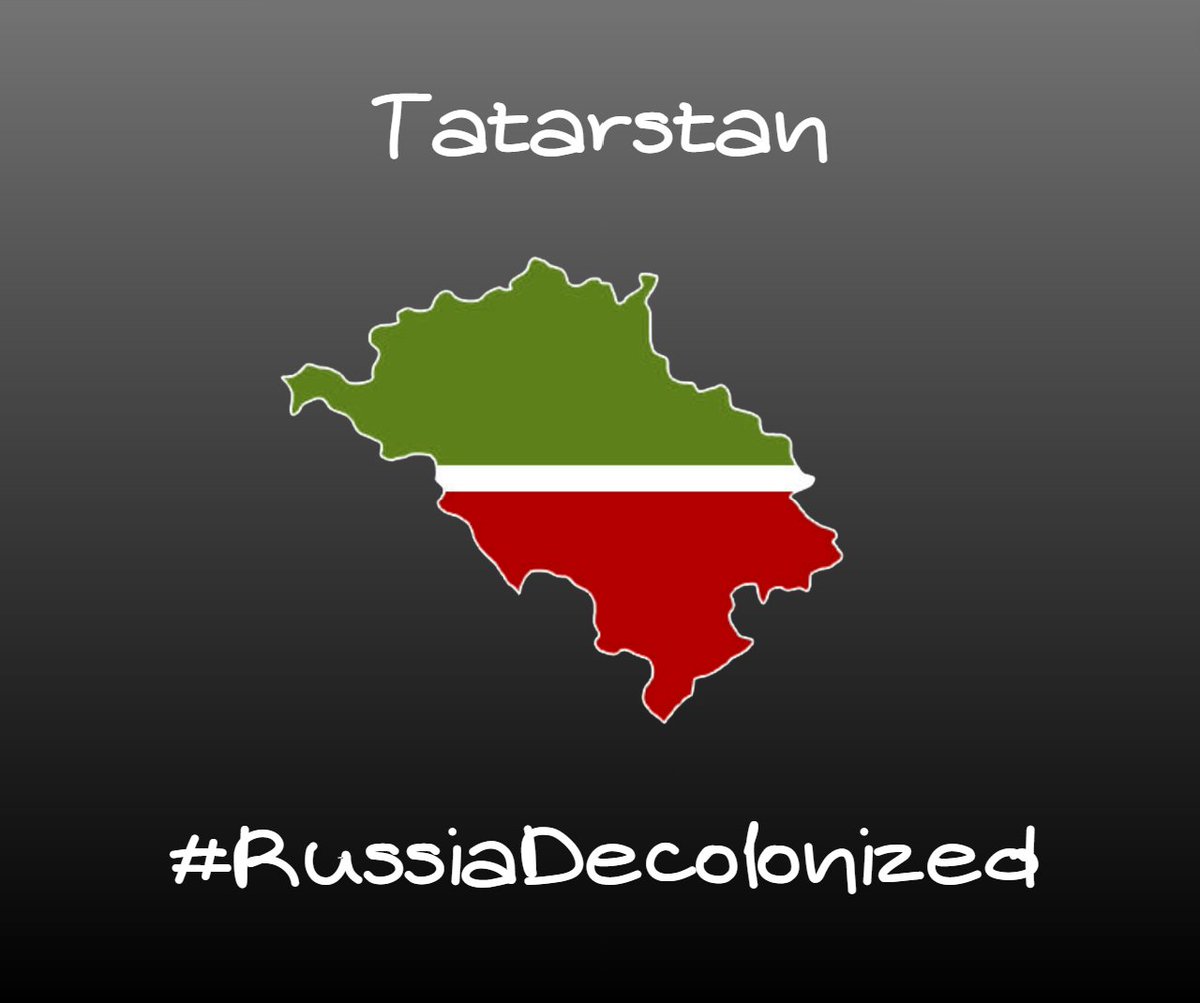
@IU_embassy Please engage with and share this thread. Even small actions like liking, commenting, and sharing can contribute to the cause of ending Russian imperialism.
#RussiaIsLosing #Tatarstan #Russia /22
#RussiaIsLosing #Tatarstan #Russia /22
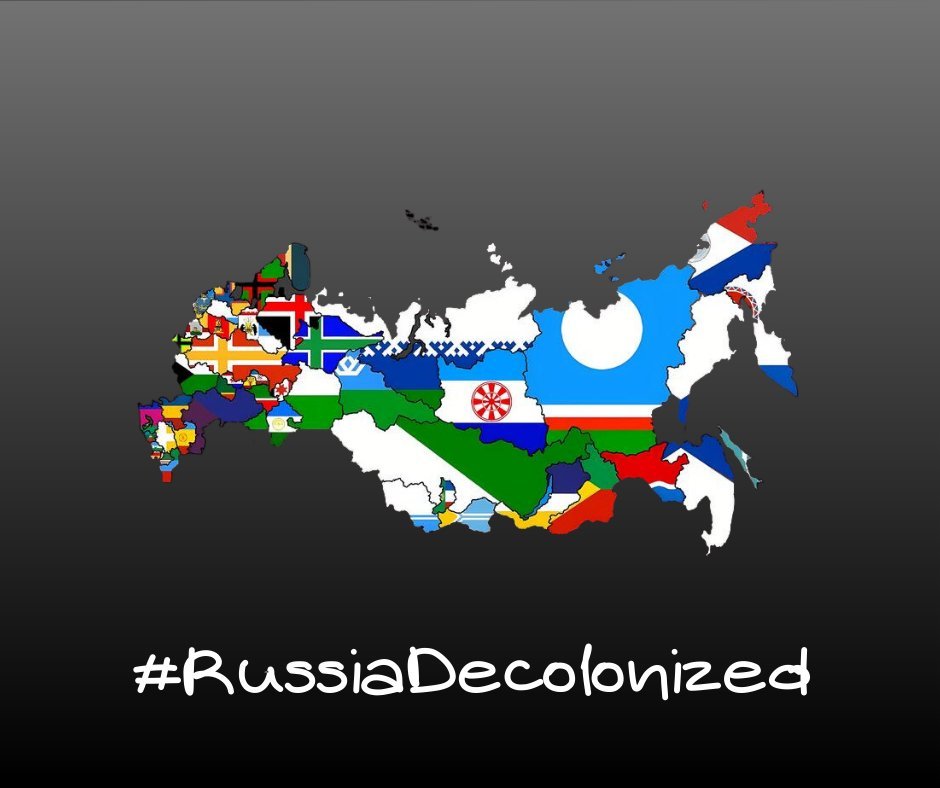
@IU_embassy @Rafis_Kashapov, @IU_embassy, @kamilkazani, @maksymeristavi, @MalcolmNance , @apmassaro3, @Val_Voshchevska, @AlexKokcharov, @KramarenkoMari3
• • •
Missing some Tweet in this thread? You can try to
force a refresh




